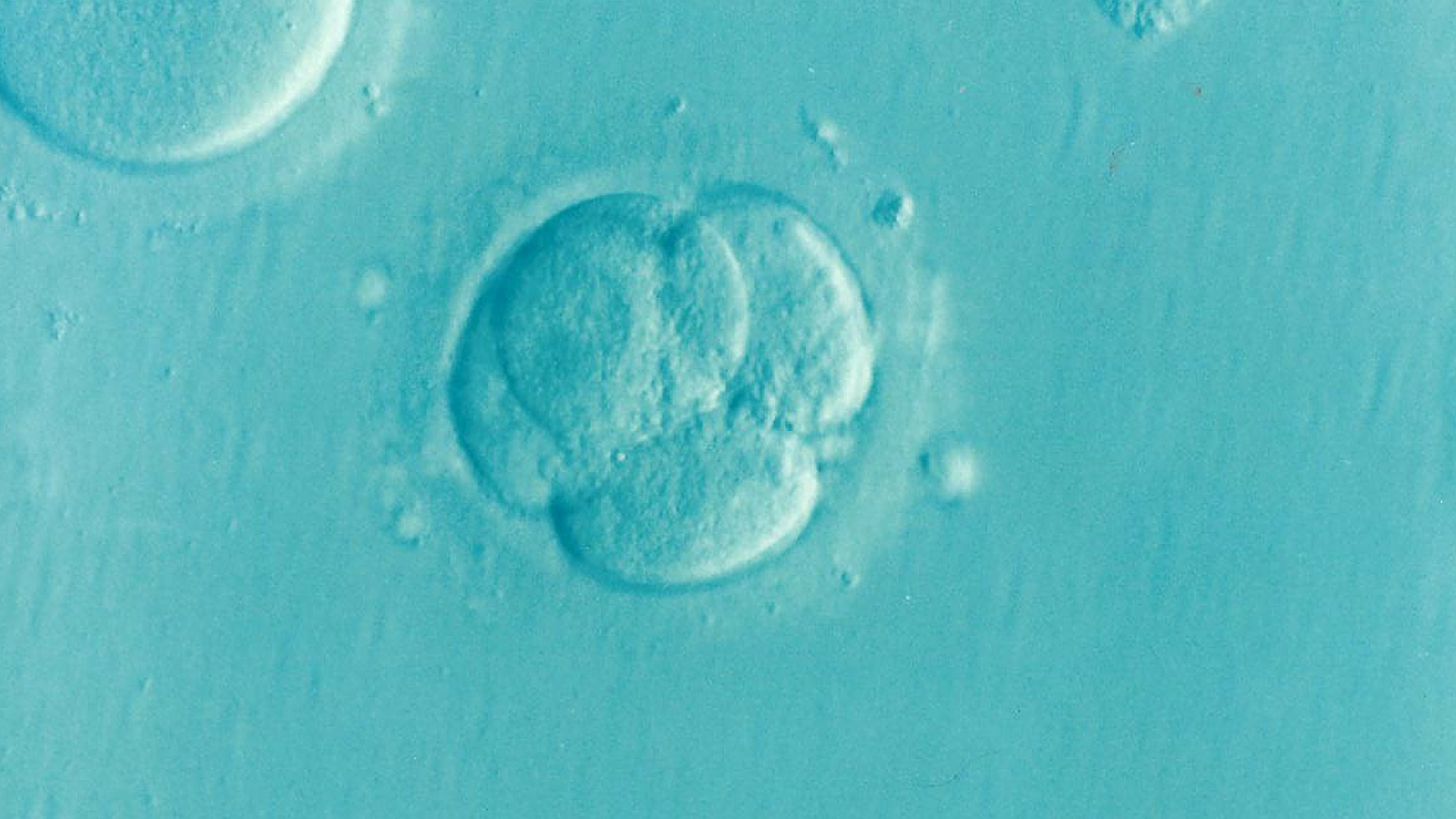World’s ‘oldest baby’: what a 30-year-old embryo tells us about the future of fertility
By Nicky Hudson,
The Conversation
| 08. 12. 2025
A baby born in the US has made headlines for a surprising reason: they came from an embryo that had been frozen for more than 30 years — setting a new world record.
The embryo was created and stored in 1994, back when Bill Clinton was US president and the internet, email and mobile phones were still in their infancy. Now, decades later, that embryo has become a living child. But how is this possible – and what does it mean for the future of fertility treatment?
Freezing embryos is a common and effective part of in vitro fertilisation (IVF). During IVF, multiple eggs are fertilised, and any unused embryos can be frozen and stored for future use. Globally, thousands of embryos are placed in long-term storage each year – and as the demand for fertility treatment grows, so too does the number of embryos in storage.
But once a person or couple finishes treatment, the question of what to do with unused embryos can become complicated. As this case in the US illustrates, families and circumstances change...
Related Articles
By Diaa Hadid and Shweta Desai, NPR | 01.29.2026
MUMBRA, India — The afternoon sun shines on the woman in a commuter-town café, highlighting her almond-shaped eyes and pale skin, a look often sought after by couples who need an egg to have a baby.
"I have good eggs,"...
By George Janes, BioNews | 01.12.2026
A heart attack patient has become the first person to be treated in a clinical trial of an experimental gene therapy, which aims to strengthen blood vessels after coronary bypass surgery.
Coronary artery bypass surgery is performed to treat...
By Staff, ScienceDaily | 01.05.2026
Scientists at UNSW Sydney have developed a new form of CRISPR technology that could make gene therapy safer while also resolving a decades-long debate about how genes are switched off. The research shows that small chemical markers attached to DNA
...
Following a long-standing CGS tradition, we present a selection of our favorite Biopolitical Times posts of the past year.
In 2025, we published up to four posts every month, written by 12 authors (staff, consultants and allies), some in collaboration and one simply credited to CGS.
These titles are presented in chronological order, except for three In Memoriam notices, which follow. Many more posts that are worth your time can be found in the archive. Scroll down and “VIEW...




